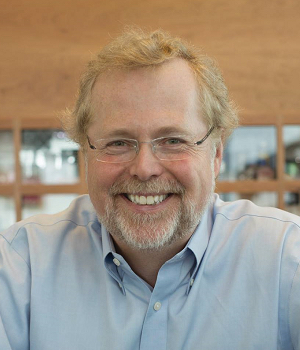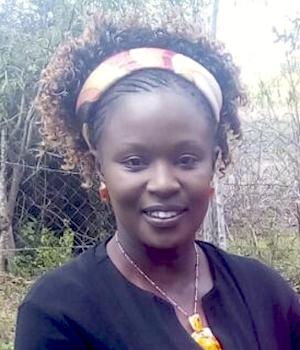Innovating for Development
G4) Innovating for Development
About 700 million people in the world live below the international poverty line of $1.90 a day, with spotty access to electricity, sanitation and health care. These are the people whose lives could be improved most by the application of science and technology — yet they have been largely ignored by private sector innovation. To succeed in the long term, a novel product must perform well despite unreliable infrastructure. Low cost is necessary but not always sufficient. And to make a meaningful dent in poverty and hunger, innovative products have to be made and distributed by companies that already serve poor communities.
This session presents three experts’ perspectives on an emerging approach to harness privately funded science and invention to create affordable, appropriate technologies that help the poorest people boost their health, incomes and standards of living. The speakers will describe lessons learned from funding, inventing and reporting on such technologies.
Trevor Mundel, president of the Gates Foundation’s Global Health Program, will describe the types of challenges that cry out for technology. Nathan Myhrvold will talk about the failures and successes that led his company’s Global Good division to develop an iterative invention process that involves multiple rounds of field trials and collaborations with end users and international business partners.
And Rosalia Omungo, a television journalist and news editor who leads the health, science and environment desk for the Kenya Broadcasting Corporation (KBC) in Nairobi, will draw on her experience covering tech innovation in Africa to speak about the kinds of questions journalists should ask when reporting on such projects. She will share stories of notable successes and failures — and cases where innovations failed at first but later succeeded with refinement.
#DevLessons



